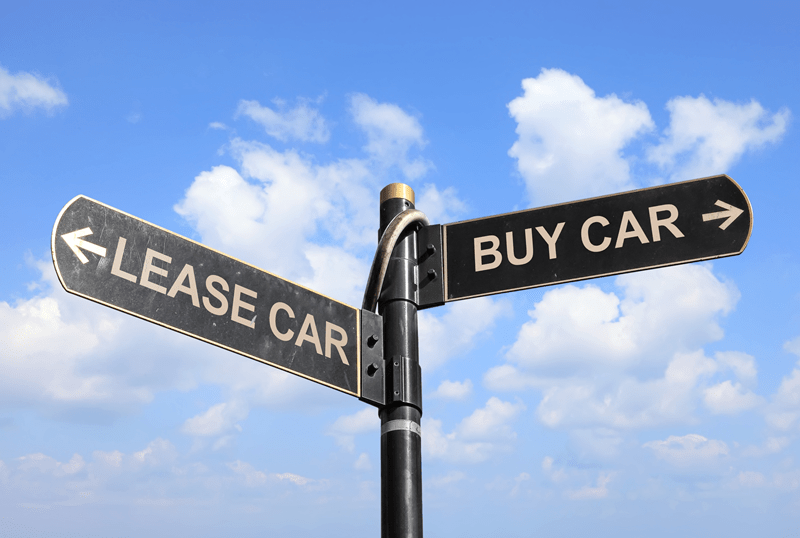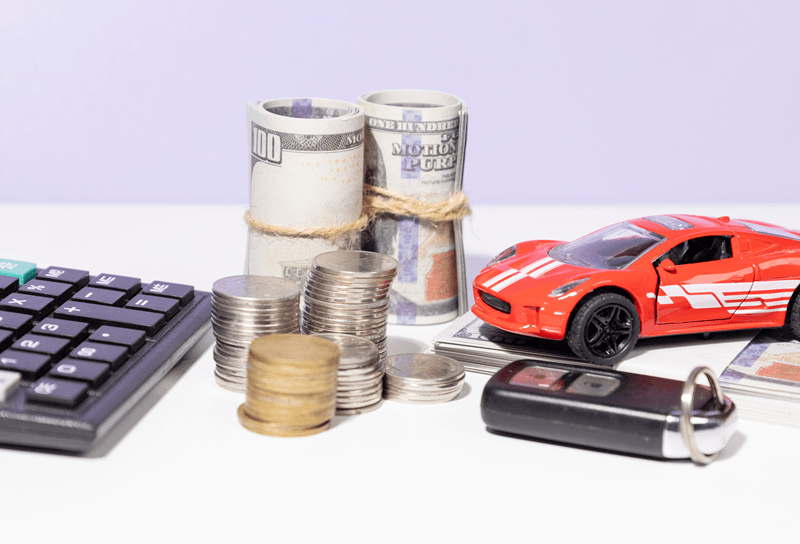
One of the largest decisions people may confront when getting a new car is whether to lease or buy. Each of these two has some raised advantages, but in 2025, trading could be the best option for your financial goals, lifestyle, and the way you use the car.
As a result, the vehicle prices change, interest rates fluctuate, and new technologies keep on coming. So, the question of which is better, a car lease or a buy, has gained more significance than before.
This blog caters to the needs of a person to know which option, between car lease vs buy, will save money and serve the person’s requirements better.
Before considering financial matters, it is essential to first grasp the basic idea of what each alternative entails.
These alternatives lead to different monetary gains and losses, and therefore the necessity of a lease comparison arises before making your choice.
On deciding to buy or lease, the very first and most obvious distinction lies in the upfront costs and monthly payments. A lease is generally less expensive in terms of down payment and monthly charges, as compared to buying. Although the practice seems to be more affordable monthly, it is noteworthy that in leasing no mutual equity of ownership is created in the long term.
Buying a car will probably call for a larger monthly expense; nevertheless, you are doing a good job by putting money into an eventual asset of your own. Meanwhile, the leasing route means that one should be continually paying for the loss in value of the car throughout a lease period.
Suppose the price tag on a brand-new vehicle is $35,000:
Firstly, a lease looks attractive in a three-year perspective—i.e., the cost is low—but you can have the car only temporarily. On the other hand, if you buy, after five years, the vehicle will still be yours, and monthly payments won't be necessary anymore.
Most people would probably agree that the centerpiece of any lease comparison argument should be car depreciation—the downtrend in the value of a vehicle over time. When you engage in a lease agreement, you basically only pay for the part of the vehicle you use. The positive side is that you don't have to bother with letting the car go because the dealer will take care of that, and you can breathe freely.
Nevertheless, a car purchaser is the one to shoulder the gradual loss in value. Motor vehicles are reported to depreciate by 15% to 25% annually. Consequently, if selling your car is your plan in a few years, the chances are that you will be more than disappointed with the selling price.
However, if you decide to keep your car for a longer period, let's say eight to ten years, then the depreciation factor will be less noticeable as you will have subdivided the initial cost over the years.
Determining whether to lease a car or buy one can be easier if you understood the advantages and disadvantages of leasing.
If you like to be among the first to drive the latest releases and would rather have short-term agreements, leasing might be the right choice for you. But the truth is that if you are someone who drives a lot, or simply prefers holding a car for a long time, buying a car would be more suitable in most cases.

Total car ownership cost is one of the most significant financial factors in deciding between car leasing and buying. While leasing might look cheaper up to a point, owning a car is still more cost-effective in the long run.
First, let’s take a look at the numbers:
Although it is true that maintenance charges for new vehicles under lease contracts are usually minimal as they are always under warranty. For some people, this can be a reason to go on with the long-term cost despite the higher side.
The decision of whether to lease or buy a car has become more confusing in 2025 due to the introduction of electric and hybrid cars as well as changes in car financing options. Financing rates, incentives, and special lease programs are not the same for each automaker.
Before signing an agreement, one smart thing is to check out the finance options offered by banks, credit unions, and dealers. Knowing interest rates, residual values, and loan terms will make you richer regardless of the path you decide to follow.
Leasing would be a better financial decision if you:
Technology-wise, safety-wise, repair-wise—you'll have a blast out of the newest devices plus less anxiety over repairs. Quite possibly, the leasing might also make sense for the business owners as lease payment expenses may help in certain cases to lower taxable income.
Still, it is indispensable to realize all expenses and conditions. You can experience a rapid increase of the sum of money caused by the charges for excess mileage and yard at the end of the lease. Never trust a partner without examining that third party's literature deeply before making up your mind.
More advantages come from buying if you:
At first, the acquisition of a vehicle involves higher payments; however, in the future, it turns out to be profitable. What is more, you will become a proud owner of an asset having a certain value, and hence you will be able to sell it. Further, you are free to change the vehicle in whatever way you wish, which is not allowed under a lease agreement.
When it comes to car leasing vs buying a car in 2025, it is still up for debate. Both buying and leasing will offer some degree of lifestyle and financial flexibility. Leasing offers the control of expenses and flexibility, and buying is perceived to create one-time ownership and equity in the property over time.
Regardless of whether you choose to lease or buy, just make certain you are choosing what you truly want and not just the "cheaper" option up front.
This content was created by AI